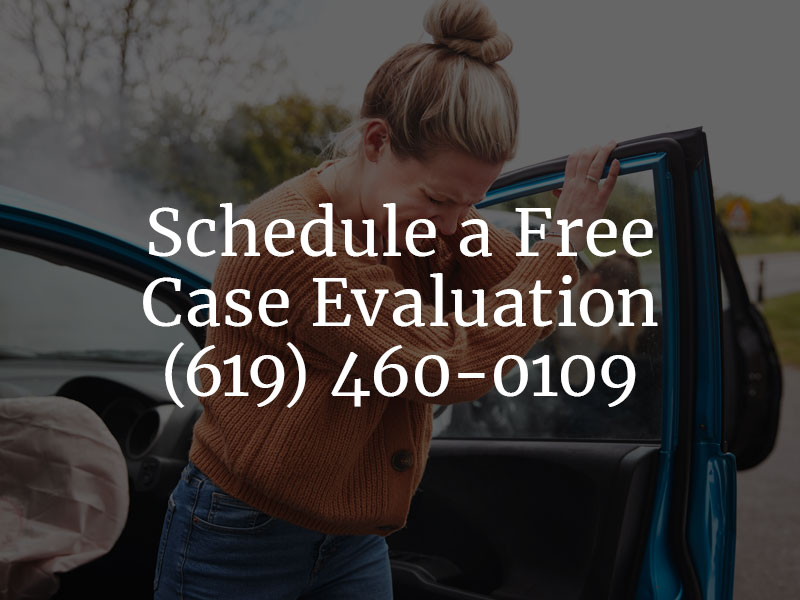Should I Get Immediate Medical Attention After a Minor Car Accident?
Serious car accidents can cause immediately noticeable injuries, such as broken bones or lacerations. Emergency personnel will arrive at the scene and help you into an ambulance to the nearest hospital. In a more minor accident, however, injuries may not be as readily apparent. You might not notice pain, soreness or discomfort until afterward – hours or sometimes days after the crash. Failing to get immediate medical attention, even if you do not feel injured, could hurt your pursuit of compensation.
When to See Your Doctor
Most insurance agents and car accident attorneys recommend seeing a doctor immediately after any car accident, major or minor. Adrenaline could create a pain-numbing effect by producing endorphins that mask the symptoms of an injury until after your body recovers from the stress of the crash. It is dangerous, therefore, to assume you have no injuries only because you do not feel any pain while at the scene of the crash. Telling the police you are uninjured and declining to see a doctor the day of could lead to trouble for your claim if you discover injuries later.
Injuries May Show Up Later
Your adrenaline could mask the signs of a broken bone, pulled muscle, whiplash, soft-tissue injury, back injury or brain injury. Going to a doctor immediately could diagnose these injuries even before you notice symptoms. Fast diagnosis can lead to prompt treatment and shorter recovery time. It can also show an insurance company that you did your part by seeing a doctor right away. Otherwise, the insurance company could allege that delayed treatment exacerbated the injuries you are claiming.
Upon noticing any symptoms, see a doctor immediately. Do not wait until you have repaired your car or until the injuries get bad enough to interfere with work. Waiting too long could give the at-fault driver’s insurance company a reason to deny your claim or reduce your settlement. Do not let the costs of medical care stop you from seeking treatment, either. If you did not cause the accident, you will most likely not have to pay these expenses. A lawyer can help you negotiate a settlement from the other driver’s insurance company.
Continue Treatment
Once you receive an injury diagnosis and a treatment plan from your doctor, follow the recommendations exactly. An insurance company will look for any excuse to reduce your settlement or deny your claim, including failure to follow the doctor’s orders. Go to follow-up appointments, therapy sessions and specialists as recommended. Follow through with the treatment plan and continue receiving medical care until you have fully recovered or reached the point of maximum medical improvement.
In the meantime, document your accident and injuries thoroughly. Keep copies of all medical transcripts, records, x-rays, bills and treatment plans. Gather other documents connected to your car accident as well, such as police reports, auto mechanic repair estimates and statements from eyewitnesses. Information about your crash and injuries could help you win an injury claim or prove the extent of your damages. Then, bring everything you have collected to an attorney for a case review.
Contact an Injury Attorney
During your journey toward physical wellness, hire a lawyer to take care of the financial side of things. Your lawyer can help you calculate what your injuries could be worth while you focus on getting better. An injury attorney knows how to gauge the value of a claim based on the lifetime costs associated with the injuries, not the existing costs alone. Long-term injuries need long-term solutions. While you continue your medical treatment, your lawyer will work on securing a fair compensatory award for your economic and noneconomic damages. Contact Liljegren Law Group today if you have injuries from an auto accident and need assistance with your claim.


